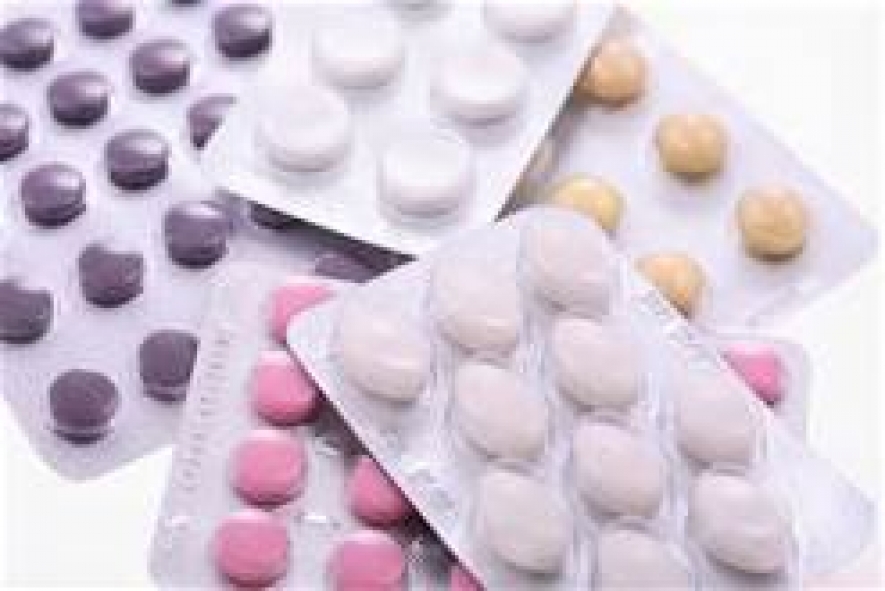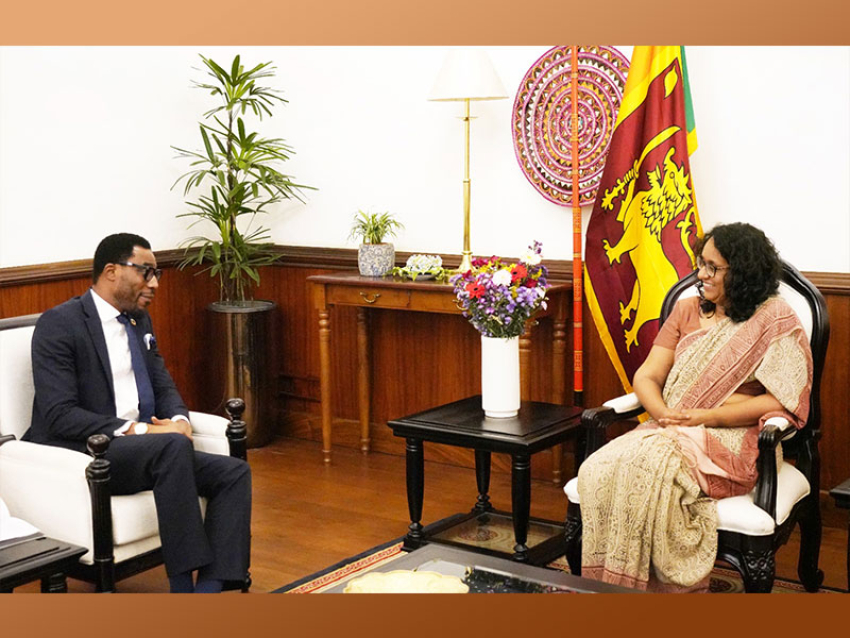This was reviled in the Sri Lanka economic update produced by Oxford Business Group (OBG)
Pharma Zone, a partnership of the Sultan of Johor and Malaysian property development company Equine Capital, will provide $10m for the construction of infrastructure necessary for pharmaceuticals production.
To attract investment to the 50-ha site, to be located in the Kalutara district, south of the commercial capital, Colombo, the state has offered a 15-year buyback guarantee to purchase pharmaceuticals from manufacturers operating within the zone at 20% above unit cost.
Lohitha Samarawickrema, the president of the National Chamber of Pharmaceutical Manufacturers of Sri Lanka (NCPM), told local media in January that at least 17 local producers had signed memorandum of understanding with the SPMC to establish manufacturing facilities within the zone, with each committing a minimum of US$ 4 mn to secure blocks of 2-4 haur development.
The initial facilities in the zone are scheduled to come into operation in the first half of 2019, and by 2020 total output is expected to meet around 60% of domestic requirements, according to the NCPM. At present, locally manufactured pharmaceuticals account for just 12% of the market.
The increase in local production is expected to significantly reduce the sector’s annual import bill, which currently stands at US$ 400 million to 500 million. The strategy is also being supported by other investments in the sector. In early February the government signed an agreement to construct a new Rs 1.4 bn ($9m) facility for the production of cancer-treating drugs using nanotechnology. The plant, to be located in Payagala’s Malegoda district, is a joint venture between the SPMC and two Indian pharma companies, and aims to bring down the cost of cancer drugs, most of which are currently imported at prices of around Rs. 150,000 (US$960) per item.



















